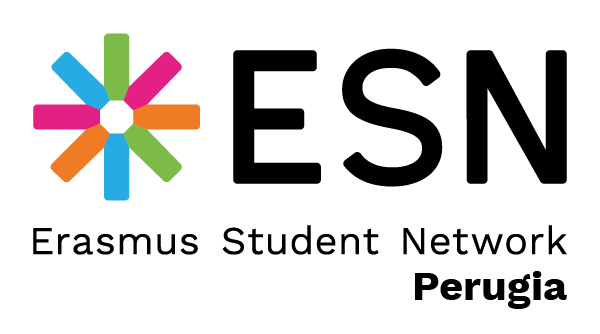November 25 has been a key date since 1999, when the International Day for the Elimination of Violence against Women was established. It is an anniversary established by the United Nations General Assembly through resolution number 54/134 of December 17, 1999. For years, this day has been the setting for countless peaceful demonstrations throughout Italy and beyond, promoted by on-the-ground initiatives of anti-violence centers and psychological support networks.
According to a 2013 World Health Organization report, on average 35.6 percent of women worldwide had experienced physical and/or sexual violence by their partner, or sexual violence by a non-partner. Specifically, 38 percent of homicides against women had been committed by their partners. With regard to Italy, the 2014 ISTAT survey found that 31.5 percent of Italian women between the ages of 16 and 70 had experienced some form of physical or sexual violence in their lifetime, and 7.5 percent of female workers had experienced sexual blackmail in order to get a job, keep a job, or obtain career advancement. According to the EURES Report on Femicide in Italy, between 2000 and Oct. 31, 2020, 3,344 women were killed in Italy, accounting for 30 percent of the total 11,133 voluntary homicides surveyed. As of November 23, 2023, there are 106 victims of feminicide in Italy, a figure that is worryingly growing.
It is precisely the exponential increase of the phenomenon, especially after the two-year pandemic, that makes it clear how necessary it is to offer testimony, help and a voice to an increasingly systematic phenomenon. It is necessary to remember all the victims, to remind us of how fragile our society is and how many years of internalized misogyny have shaped the perception of interpersonal relationships between men and women, who are increasingly likened to an object, owned by men. This is why news stories, such as that of our peer Giulia Cecchettin, should teach us to reflect on where we have come to, but more importantly to think about how to actively solve the problem.
This is possible thanks to a conspicuous number of meetings, such as the one that ESN has organized for November 23 at the Meliès cinema, in which psychologists and heads of anti-violence centers themselves are the speakers, but also the events that are done every year, which allow all participants and non-participants to express a strong and clear message to the institutions.
